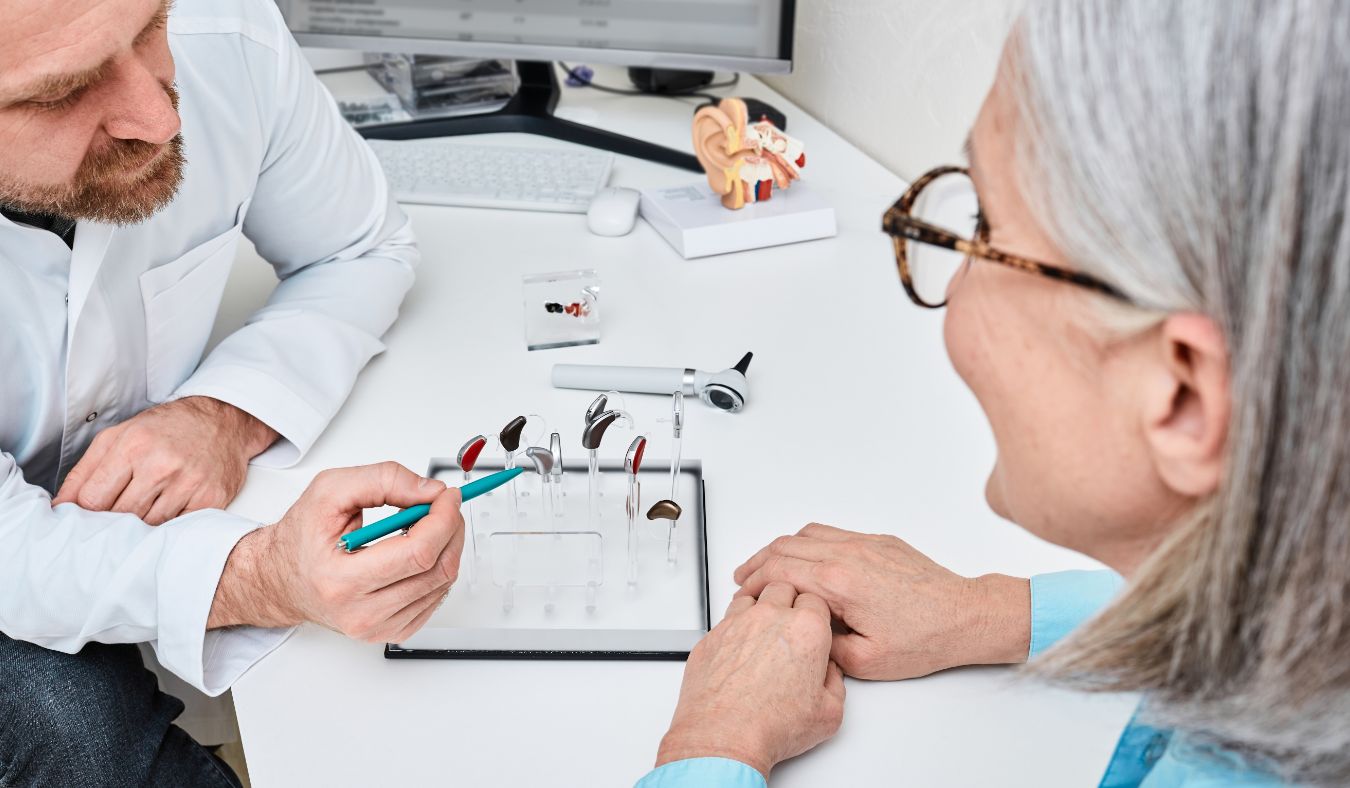Innovations in Hearing Aid Battery Technology
For hearing aid wearers, the reliability of their device throughout the


For hearing aid wearers, the reliability of their device throughout the

As we get older, we often focus on staying physically fit, eating well and

When warmer weather arrives, outdoor concerts and festivals become some of